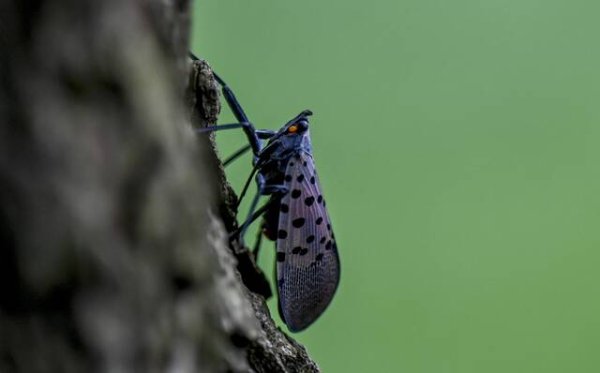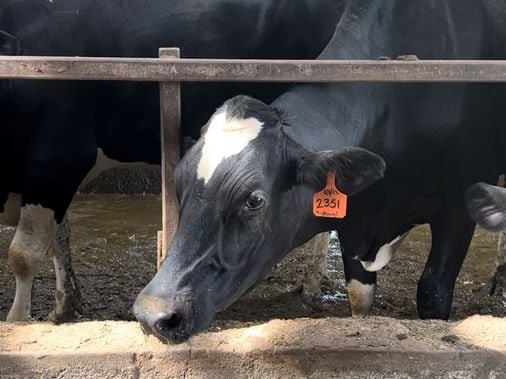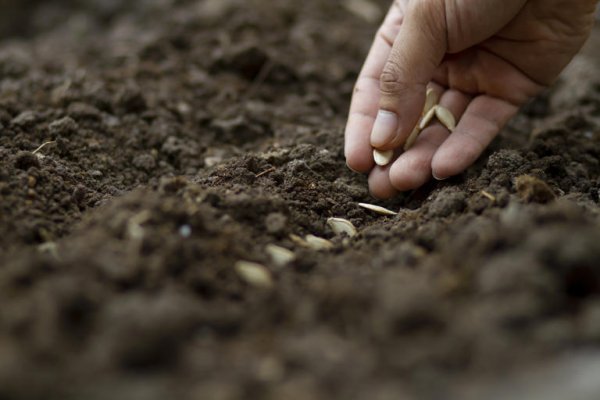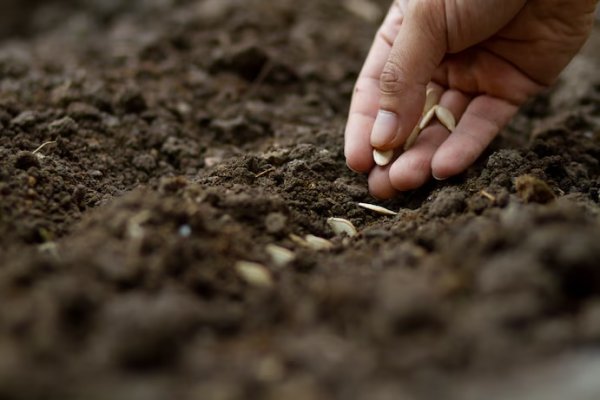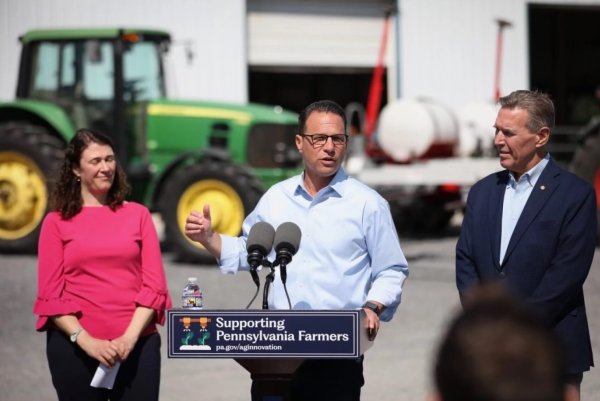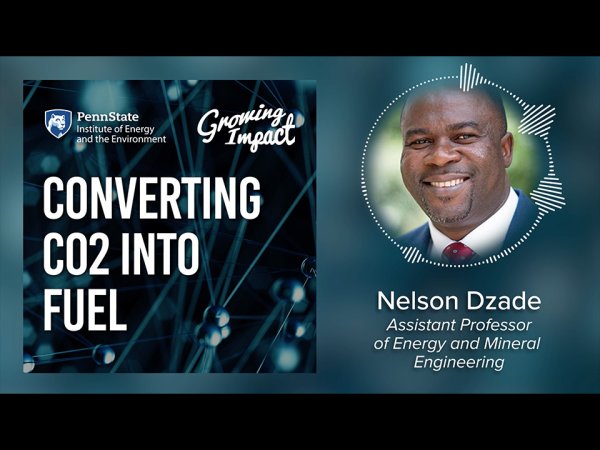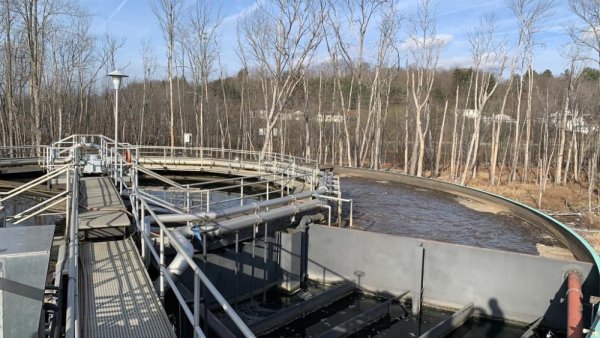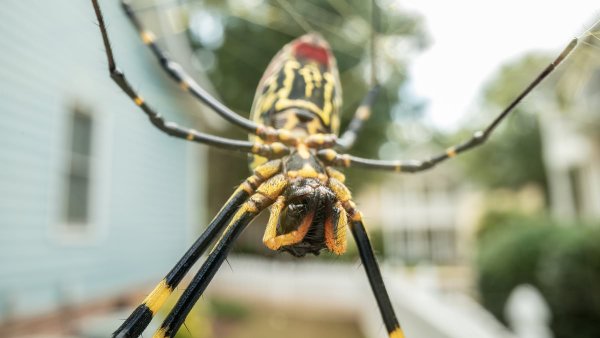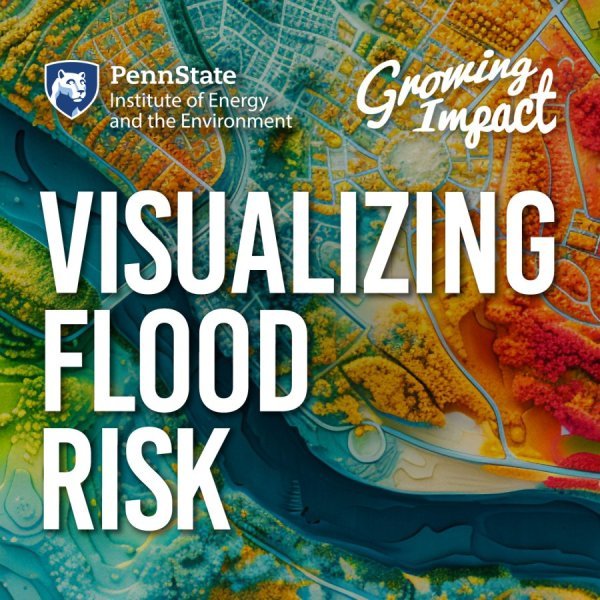Are spotted lanternflies on the decline in Western Pennsylvania?
| triblive.com
Spotted lanternflies are still a pest in Western Pennsylvania, but populations are trending lower in certain regions. This article quotes Sandy Feather, educator with Penn State Extension.
Cows face the hot new reality of climate change
| bostonglobe.com
A N.H. dairy farm finds new ways to deal with the animals that contribute to the problem, but also suffer from it. This article quotes Alexander Hristov, Distinguished Professor of Dairy Nutrition.
Planting a seed in your garden can help counter climate change
| msn.com
Here’s a way you can help protect the U.S. food system from pests, disease and climate change. All you have to do is plant a seed. This article quotes Karl Zimmerer, professor of environment and society geography.
Three in four crop varieties have gone extinct. You can save the rest in your garden.
| washingtonpost.com
A citizen science project gives gardeners the chance to preserve heirloom crops that could be resistant to disease, pests and climate change. This article quotes Karl Zimmerer, professor of geography, ecology and rural sociology.
Gov. Josh Shapiro visits Penn State to promote grants funding sustainable farming
| alleghenyfront.org
The Agricultural Innovation Grant Program will begin accepting applications on September 30.
New tool to help decision makers navigate possible futures of the Colorado River
| psu.edu
A new computational tool developed by a research team, led by Penn State scientists, may help decision makers in the Colorado River basin adapt to a complex and uncertain future.
Baltimore, a nexus for government and academic emissions research
| earth.gov
Scientists from U.S. government agencies and regional universities have come together for cooperative research projects, helping to expand environmental monitoring capabilities and improve resident wellbeing across the Baltimore metropolitan region in line with the city’s ambitious climate action plans.
Growing Impact: Converting CO2 into fuel (Preview)
| youtube.com
Episode release date: October 1, 2024. Carbon dioxide (CO2) is abundant and stable, making it difficult to convert into something useful without a lot of energy. Researchers are using advanced computational modeling to find a catalyst that can efficiently transform CO2 into valuable products. This could turn CO2 from a climate issue into a valuable resource.
Wastewater monitoring can detect foodborne illness, researchers find
| psu.edu
First used in the 1940s to monitor for polio, wastewater surveillance proved such a powerful disease monitoring tool that the U.S. Centers for Disease Control and Prevention established the National Wastewater Surveillance System to support SARS-CoV-2 monitoring in September of 2020. Now, a team of scientists from Penn State and the Pennsylvania Department of Health have shown that domestic sewage monitoring is useful for a foodborne pathogen as well.
Huge flying spiders are spotted in Northeast for first time
| dailymail.co.uk
These spiders are not native to the United States, and little is known about what damage they could cause local ecosystems. This article quotes Michael Skvarla, assistant research professor of arthropod identification.
Marker Lectures in Evolutionary Biology set for Oct. 8-9
| psu.edu
Joan Strassmann, Charles Rebstock Professor of Biology in the College of Arts and Sciences at Washington University in St. Louis, will present the Russell E. Marker Lectures in Evolutionary Biology on Oct. 8-9 in Foster Auditorium, Paterno Library, on the Penn State University Park campus.
New IEE faculty have strong focus on climate solutions, collaboration
| psu.edu
The Institute of Energy and the Environment has welcomed two new researchers who have a focus interdisciplinary climate research and who will work with the Penn State Climate Consortium.

